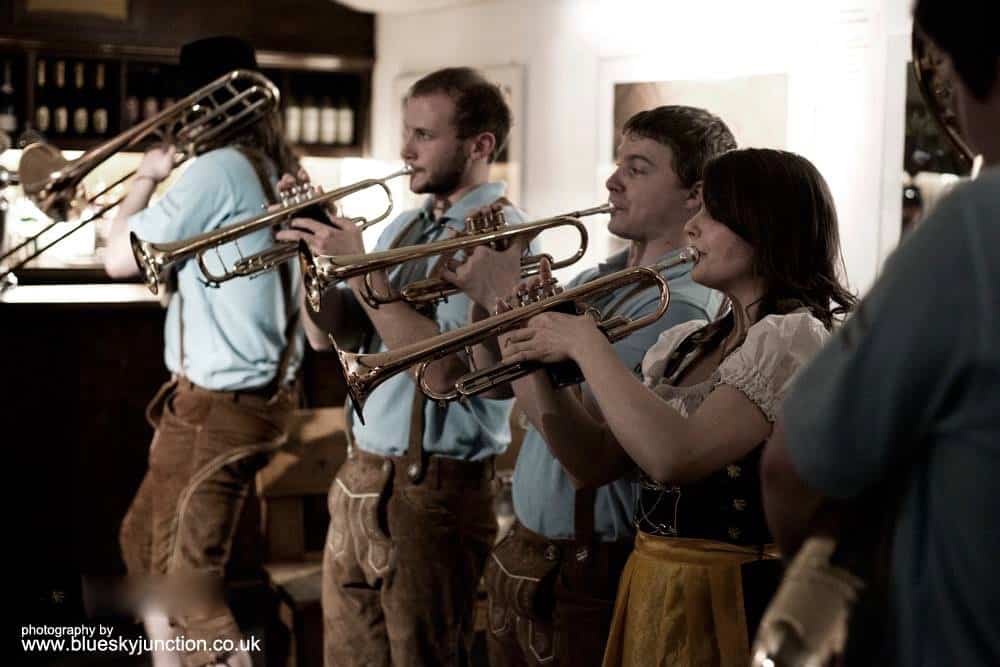Germans debate future of radio orchestras
OrchestrasThere are 19 orchestras that are financed by public broadcasting in Germany and their future is being called into question.
The orchestra lobby group, Unisono, has flung down a gauntlet to open a public debate.
It says: ‘It’s not acceptable that public radio or ARD only maintains a single orchestra, a single choir or a single big band and which is supposed to play everything nationwide. That won’t work. Instead, we say: The regional positioning of the broadcasters and the regional positioning of their orchestras are a unique selling point for the impact and also for the cultural production of public broadcasting in this cultural and music area. Public broadcasting stands out precisely because it has been a cultural producer with his own orchestra for 100 years and, in our opinion, should remain so in order to justify the receipt of public license fees.’
Responses are keenly awaited.
Read here.






Comments